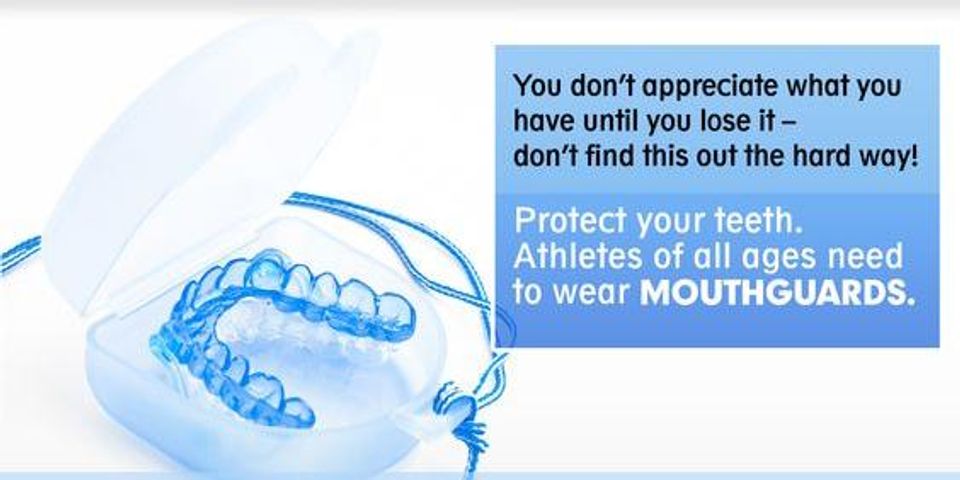
What is a Concussion?
April is Youth Sports Injury Awareness Month
A concussion is a brain injury. Concussions are caused by a bump or blow to the head. Sometimes even what seems to be a mild bump can be a serious injury.
You can’t see a concussion. Signs and symptoms of a concussion can show up right after the injury or may not appear or be noticed until days or weeks later. If your child reports any symptoms of a concussion, or if you notice them yourself, seek medical attention right away.
What are the signs and symptoms of a concussion?
The following may be observed by a parent or a guardian:
- Appears dazed or stunned
- Is confused about assigment or position
- Forgets an instruction
- Is unsure of game, score or opponent
- Moves clumsily
- Answers questions slowly
- Loses Consciousness (even briefly)
- Shows behavior or personality changes
- Can’t recall events prior/after to hit or fall
The following may be symptoms reported by the athlete:
- Headache or pressure in the head
- Nausea or vomiting
- Balance problems or dizziness
- Double or blurry vision
- Sensitivity to light
- Sensitivity to noise
- Feels sluggish, tired or groggy
- Concentration or memory problems
- Confusion
- Does not “feel right”
How to help your child prevent a concussion.
Every sport is different, but there are steps your child can take to protect themselves from injuries such as concussions.
- Ensure that they follow their coach’s rules for safety and the rules of the sport
- Encourage them to practice good sportsmanship at all times
- Make sure they wear the right protective equipment for their activity (Such as Mouthguards, Helmets, Shin Guards and Padding)
- The protective equipment should fit properly and be well maintained, and be worn consistently and correctly
- Learn the signs and symptoms of a concussion
What should you do if you think your child has a concussion?
1. Seek medical attention right away. A healthcare professional will be able to decide how serious the concussion is and when it is safe for your child to return to sports.
2. Keep your child out of play. Concussions take time to heal. Don’t let your child return to play until a healthcare professional says it okay. Children who return to play too soon – while the brain is still healing – risk a greater chance of having a second concussion. Repeat or later concussions can be very serious. They can cause permanent brain damage, affecting your child for a lifetime.
3. Tell your child’s coach about any recent concussion. Coaches should know if your child has had a recent concussion. Your child’s coach may not know about a concussion your child received in another sport or activity unless you tell them.
If your child does not currently have the proper Mouth Guard for his or her activity, please don’t hesitate to call our office. (203)598-7920
We can help you to get the right guard for your child needs and put your mind at ease, just in time for spring and summer activities.
About the Business
Have a question? Ask the experts!
Send your question

